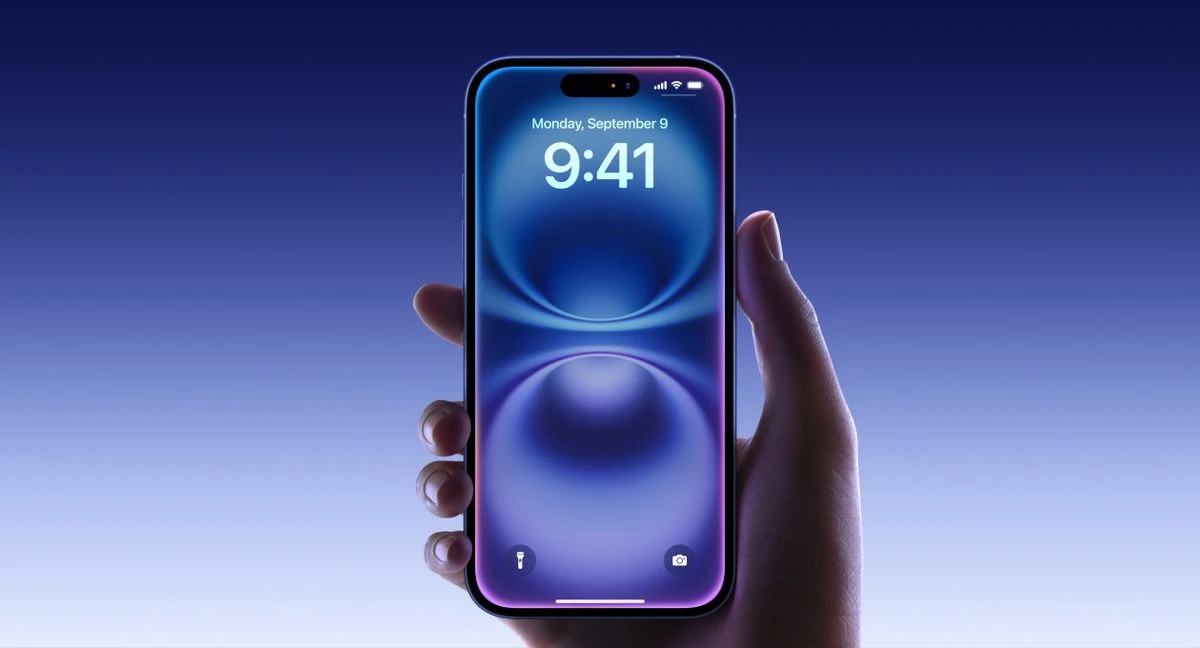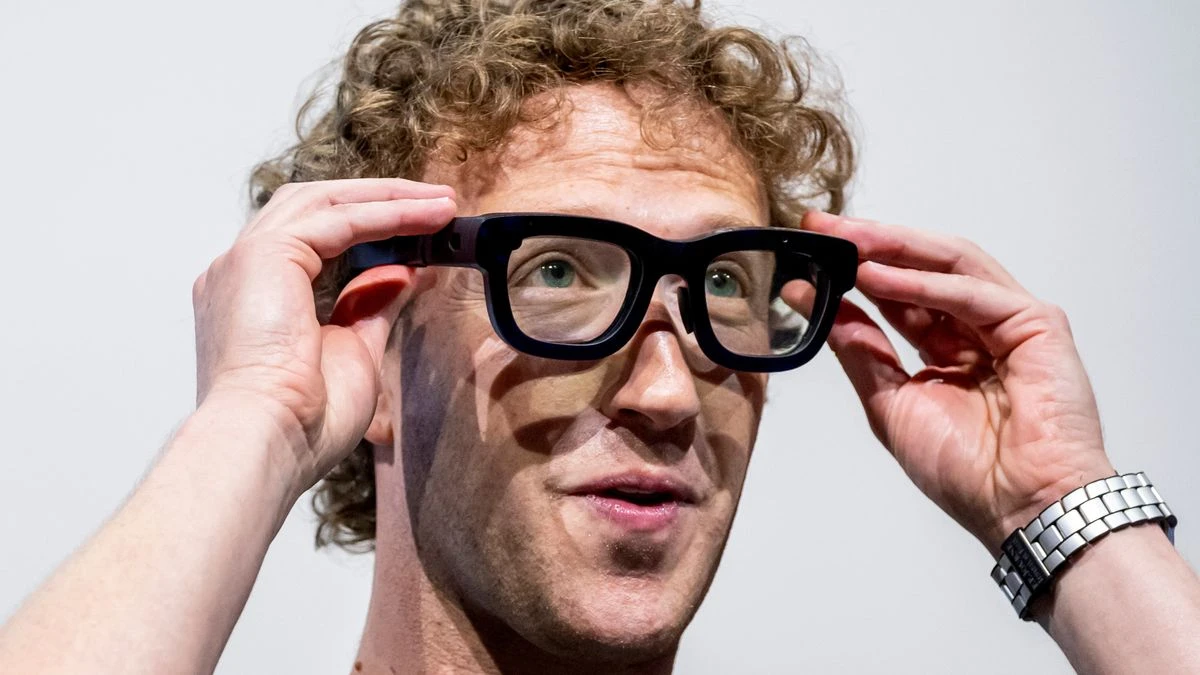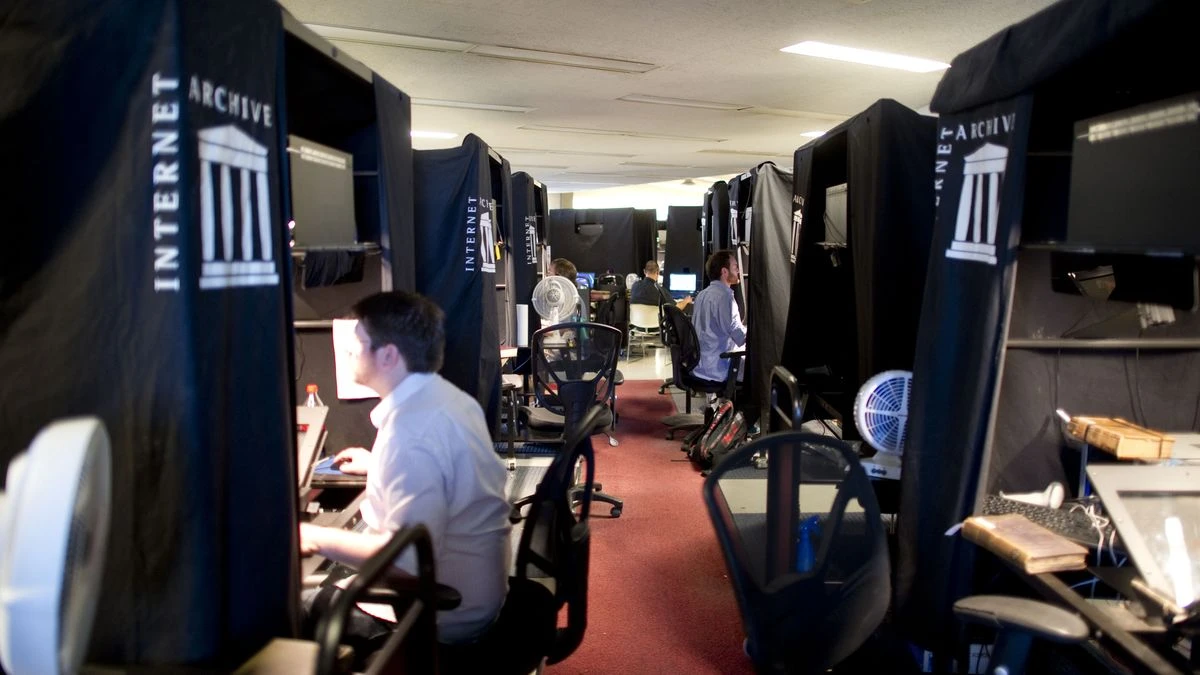Fraudsters sentenced to jail for tricking Apple into paying more than $2.5 million in total by sending in convincing fake iPhones.
According to Ars Technica, the Office of Public Affairs of the US Department of Justice announced that two Chinese citizens were sentenced for their participation in "a scheme designed to defraud Apple Inc. of millions of dollars' worth of iPhones." The most amazing thing is that this scheme was successful to a large degree.
According to the press statement, the fraudsters caused "a loss exceeding $2.5 million." The sentencing does include some monetary restitution. This is in the form $1,072,200 for one of the criminals, and $397,800 for the other. This adds up $1,470,000. Apple is still more than a dollar short of the full amount needed to cover its losses.
A million dollars to Apple is still pennies, I guess. It's even more alarming that this scam actually worked for some time. Apple sent back genuine iPhones in exchange for fake iPhones that had spoofed IMEIs.
According to a 2019 affidavit by Stephen Cohen (PDF), an inspector with the US postal service, "An Apple Brand integrity Investigator ("Apple investigator") advised law enforcement about a general fraud scheme in which individuals in various parts the United States receive suspected fake phones from Hong Kong, and then submit these phones to Apple for repairs under the ruse they are not working properly, with the goal to get Apple to provide them genuine replacement iPhones."
In February, the US Attorney's Office in District of Columbia stated, "Trial Evidence showed that conspirators sent more than 5,000 fake phones to Apple in the conspiracy with the intention of causing a loss of over $3 million to Apple."
Apple did indeed detect the fraudulent scheme and stop it before it was completed, but only after $2.5 million in losses had already been accrued. It appears that $1 million of this amount will not be returned to Apple.
The fact that the scheme has worked so well over such a long period of time is frightening because it shows how convincing fake iPhones are. Apple has been unable to detect fake iPhones in such large quantities for a long period of time. How can users expect to do so?
This is a good reminder that you should be extracareful when buying a second-hand iPhone. I would personally avoid buying second-hand iPhones, but if that's not possible, make sure you buy from a reputable seller.
This is good advice for everyone. Fraudulent components are not confined to the PC gaming world. We'd be wise to remember that cheap component prices can lead to scams. If something seems too good-to-be true, then it probably is.




Comments